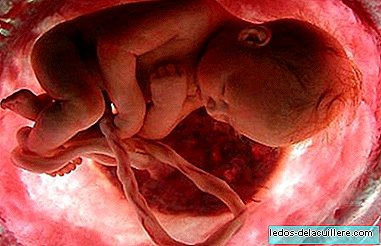
The reason that triggers premature birth is unknown, although there are several related factors such as maternal age, multiple pregnancies or suffering from hypertension in pregnancy. A recent study has found another possible reason, has revealed that bacteria that lodge in the placenta could cause premature births.
Scientists at Harvard Medical School, Brigham Women's Hospital and Boston Children's Hospital claim that the fetal inflammatory response to an infection by certain microorganisms that could originate from infections of the vagina, can lead to premature births, injuries and complications in the baby.
To understand how inflammation occurs, blood samples from more than five hundred premature babies born by caesarean section between weeks 23 and 27 of gestation were analyzed and the bacteria lodged in their respective placentas were studied.
They discovered that the placentas in which they found bacteria associated with bacterial vaginosis, a common infection in the mother's vagina, belonged to newborns with high levels of a protein that causes inflammation.
On the other hand, they found that blood samples containing the lowest levels of that protein belonged to babies whose placentas harbored another type of bacteria, called lactobacillus.
If investigations continue on this line and confirm that certain bacteria in the placenta could cause premature births a real possibility of avoiding them opens up.
According to experts, attacking colonization with drugs or probiotics in the first weeks of pregnancy could prevent pre-term births and complications in the development of the fetus and the newborn.












